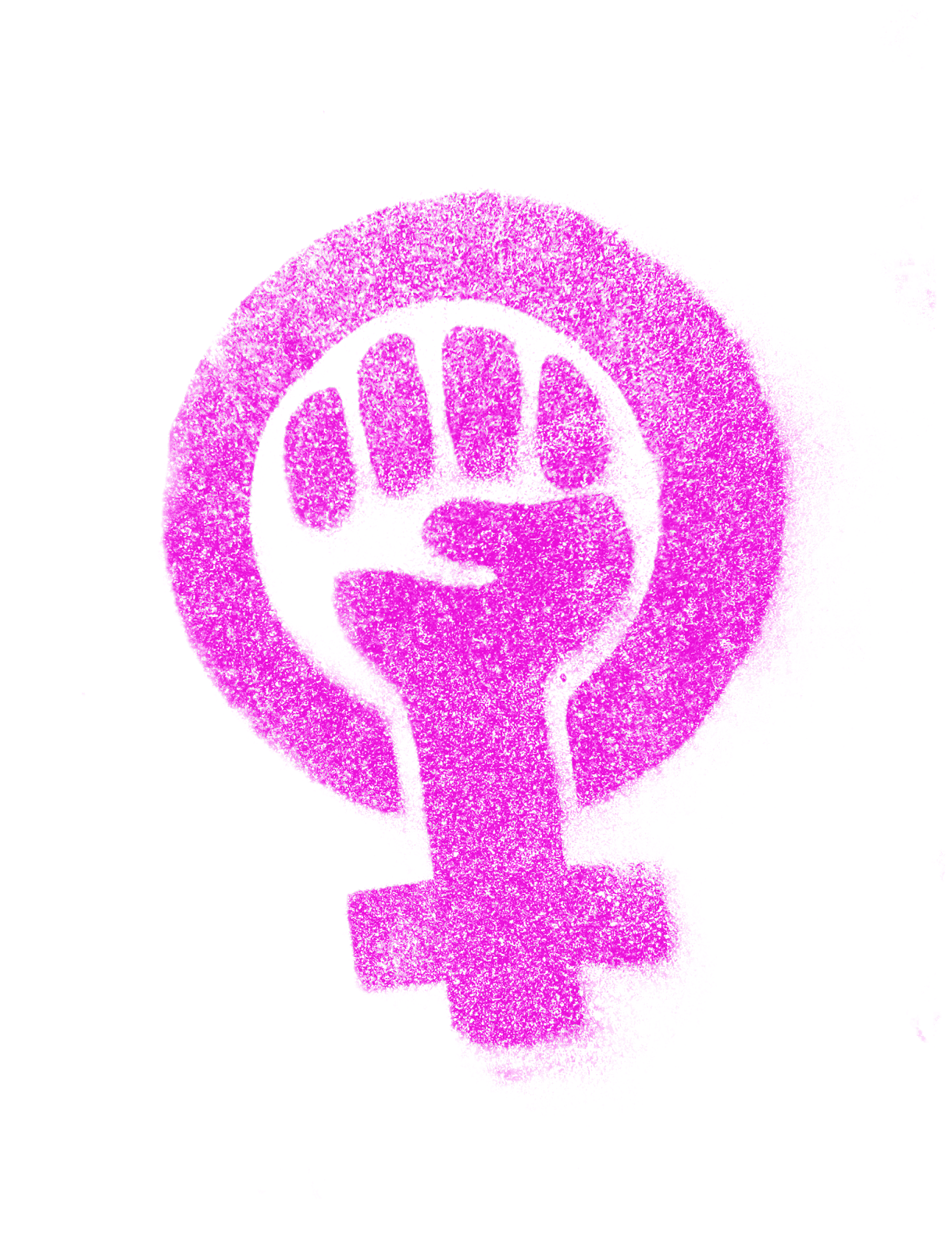Programming The Future: How to Emancipate Abundance in Web 3.0
The paradox at the heart of innovation today is that the most radical transformations often arise from the most unassuming origins.
David Tann | Court Jester of Koii
The invention and proliferation of washing machines and dryers have arguably done more to enable emancipation of women over the past century than any policy, protest or academic argument.
And yet this world-changing household technology emerged not from some high-minded thought leader or policy expert. Rather, it came incrementally out of the workshops of repairmen and engineers - relatively unheralded inventors like Alva Fischer developing early electric washing prototypes.
They probably gave very little thought to how their inventions would empower women's rights or change gender dynamics. I wonder how many hours have been saved by mechanising the domestic chore of hand-washing clothes? These inventors were grappling not with the laws of politics and gender norms but laws of physics. Freedom was wrought through the comprehension of spinning & wringing, not high-minded social reform. Yet, they ended up dramatically transforming freedoms and gender norms for generations to come.
This is the essential paradox: the radical, emancipating washing machine arose not from philosophers or progressive policy circles, but from the incremental innovation of relatively unassuming enterprise. The most dramatic catalysts for social change often emerge from grassroots practical problem solving, rather than top-down social engineering.
While academics and activists certainly pushed important reforms, the humble washing machine's effect in saving women's time and energy was likely far more pivotal on a societal level than academia or activism. Unbeknownst outsiders playing with practical engineering problems - not insider elites studying policy reforms - paradoxically drove one of recent history's most emancipating appliances.
By freeing the domestic burden, washing machines gave women time and energy to mobilize, advance their interests and propel feminist causes forward in impactful ways. This demonstrates how technological developments can spur social changes not directly related to the technology itself. In this case, an invention aimed at improving laundry led to accelerating advances toward gender equality more broadly.
It is a textbook example of radical, transformation innovation blossoming unassumingly from humble roots. The history of societal progress reveals a consistent yet counterintuitive pattern - that major breakthroughs & shifts rarely emerge from expected channels of formal power & influence.
“My fellow Americans,
As a young boy, I dreamed of being a baseball.
But tonight I say, we must move forward, not backward;
Upward, not forward; and always twirling,
Twirling,
Twirling towards freedom!”
~ Kodos as Bill Clinton - The Simpsons “Treehouse of Horror VII"
While presidents may deliver high-minded speeches about moving towards freedom, and policy experts devise fancy reform frameworks, the most tangible shifts in the lived experience of rights, equity, labour and opportunity have consistently originated from more humble corners of society.
The advent of computing revolutionising information and productivity emerged not from glossy mainstream tech visions, but obscure researchers publishing niche papers on arcane concepts like "software" and "information theory" years before importance had been applied in pop culture.
The printing press disrupted traditional knowledge monopolies, and was catalysed not by prominent philosophers but an ambitious German metalsmith. An apprentice in obscurity. Not so many decades ago, Artificial Intelligence was spoken of in hushed conversations long after the end of mainstream conference programs.
The list goes on of seismic shifts spreading quietly from below the status quo's notice: vaccines and germ theory upending health outcomes, evolutionary theory rewriting origin narratives, steel interchangeability transforming manufacturing ubiquity, crop rotation methods dramatically increasing yields. Most begin life as local or niche improvements before rupturing into dramatically universal transformations. We are in an age of Metacalfe’s Law; of algorithms, viral media & microbes.
So while authority figures broadcast visionary rhetoric, unassuming origins repeatedly prove both the compass and vehicle for progress, by grounding advances in immediately lived experiences in society. Changes build at the grassroots edges, not lofty ruling centres.
This pattern continues today with emerging digital self-governance models and applications for distribution in our already-interconnected state. There are many protocols and initiatives trying to decentralise control. But decentralisation is not enough; it’s only the halfway house on the way to truly distributed systems.
Koii empowers individuals to computationally engage in post-capitalist futures. Offering real world distributed alternatives while thought leaders hypothesise. Koii’s revolution will not be televised, but the app is freely available for download.
Get Koii: the most radical transformations often arise
from the most unassuming origins.
Just as the washing machine emerged from humble engineering origins before fueling seismic shifts, distributed architectures like Koii push for tangible utility grounded in community emancipation. Initiatives like Koii’s reveal cracks in our traditional economic assumptions & empower us to change merely by augmenting our everyday tools.
In one dimension, Koii began merely as an application to simplify earnings from spare computing resources. This was the equivalent of the early mechanics enamoured by making moving parts. However, contained within are profoundly decentralised principles. To emancipate by freeing digital abundance outside traditional profit paradigms. By providing infrastructure to manifest distributed principles, we can disrupt by making alternative systems of the future more conceivable.
Koii demonstrates a viable way to challenge the assumption that shared digital networks must be dystopian. As assumptions erode with use case, it opens up possibilities. More people may gain access to and influence with digital assets and platforms. Resources might be distributed more widely. By discovering paths for abundance despite everyday obstacles, they expand imaginative launchpads for cooperative economic evolution.
Today's eminent economists largely dismiss cryptographic experiments enabling more decentralised programmatic cooperation and value-sharing as technical niches, irrelevant to grand economic systems or political reforms. Yet we see once more, how the quietest whispers plant the deepest roots.
As obscure distributed architectures continue to prove that alternate digital futures are possible, they mirror the early washing machine's role as unexpected kindling for more emancipatory paradigms many thought leaders missed.
Koii demonstrates how dogmatic assumptions get punctured not through argumentation but through grounded demonstration. We have only scratched the surface of how profoundly we can enable societies over time.
So again comes the Age of Washing Machine, where we harness everyday tools to emancipate despite prevailing, dominant belief-systems. The innovation of distributed computation coyly unlocks gateways to reconfigure incentives, ownership, transparency & wealth beyond established hierarchies of control.
Initiatives marrying cryptography & community cooperation will lead the charge in a fight for freedom against entrenched digitised monopolies. Join us to explore the myriad avenues of Koii applications for emancipation.
Get Koii. Disrupt paradigms.
Fin.
Becoming a Noii Node
With the link below, you’ll get 5 bonus tokens from the faucet after verifying your Twitter and Discord accounts. After you run a node for 7 days, we’ll both get 5 more:















Like